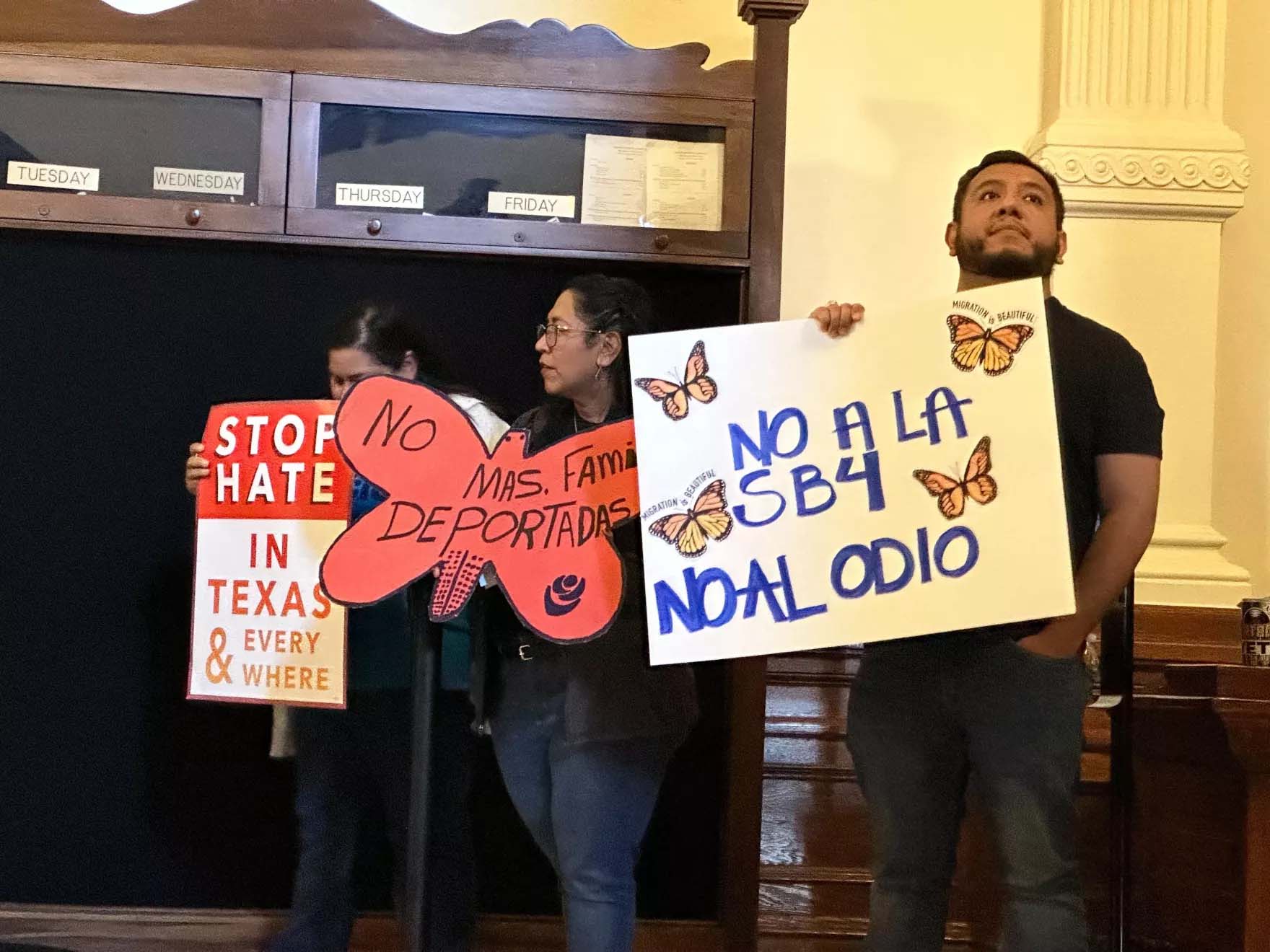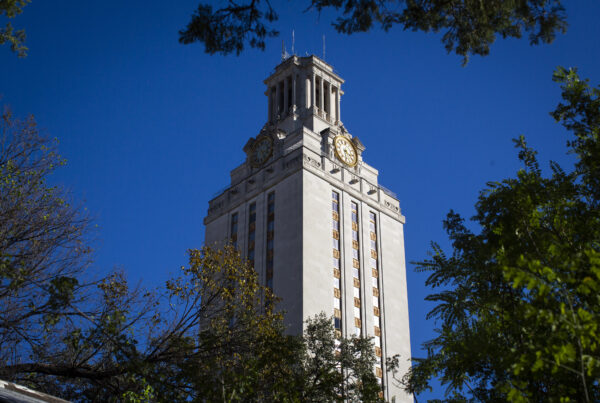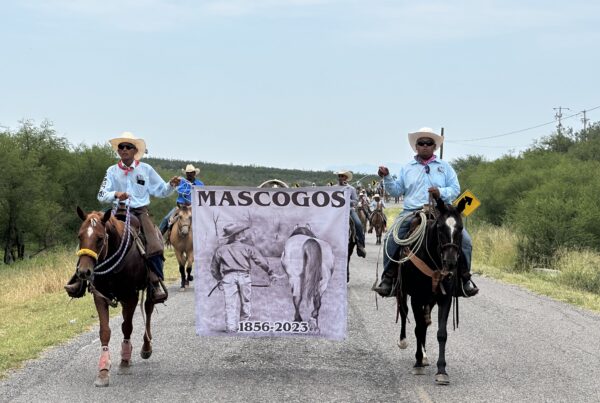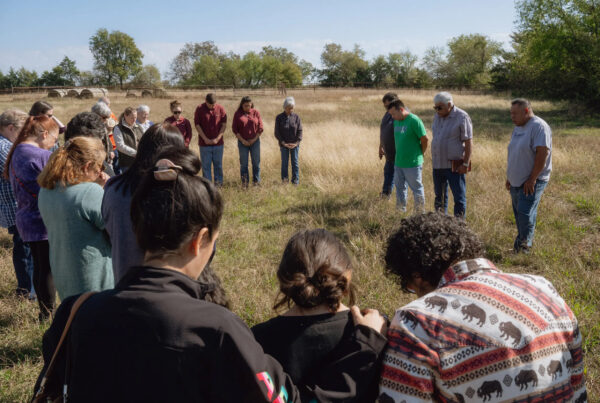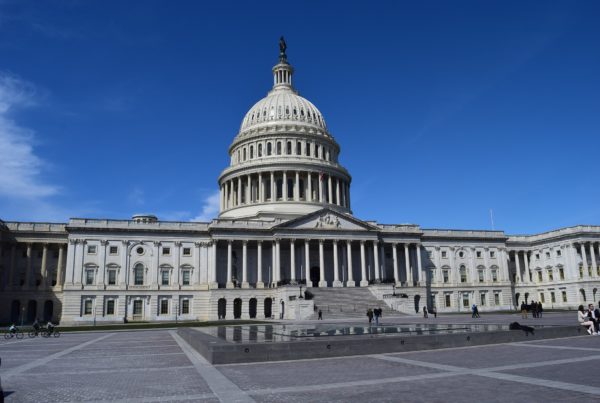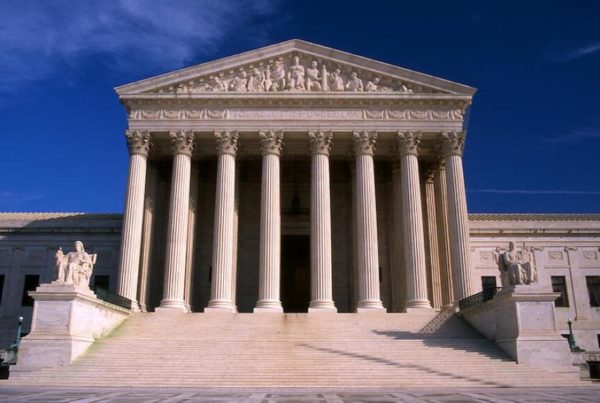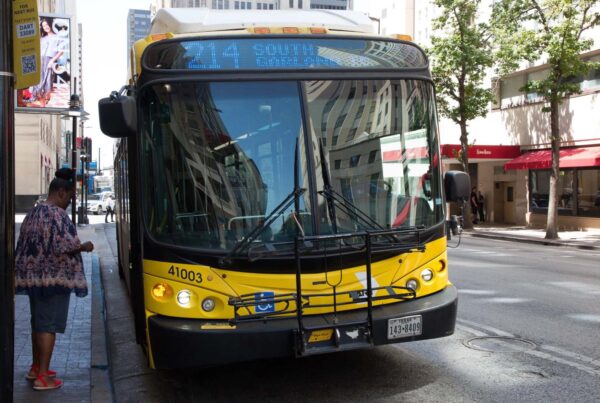From The Texas Newsroom:
Controversial legislation making unauthorized entry into Texas a crime is now heading to Gov. Greg Abbott’s desk.
The Texas House of Representatives gave its final approval to the measure, Senate Bill 4, on Tuesday night. The chamber also approved a separate measure to add more than $1.5 billion to the state budget for physical barriers on the border with Mexico.
House lawmakers’ actions hand Abbott at least a temporary victory after the Legislature couldn’t pass similar items during previous sessions despite the governor’s labeling the issues a priority for his administration. But at least one of the measures will likely face a court challenge due to questions about state enforcement likely conflicting with the federal government’s duties.
Tuesday’s votes came during the fourth-called special session of the Texas Legislature, which began last week.
Senate Bill 4
The illegal entry bill, SB 4, creates a new state crime for unauthorized entry into Texas from a foreign country, a class B misdemeanor on first offense. The charge would increase to a felony depending on the migrant’s criminal history, including whether they had been convicted on a prior illegal entry charge. The legislation also permits a judge or county magistrate to order the migrant returned to a port of entry, but only after all identifying information is obtained and cross-referenced with state and federal databases.
Debate on the bill mirrored previous battles undertaken by Republicans and Democrats over the proposal, namely whether the bill encourages racial profiling, or if it is constitutional given that current law dictates immigration enforcement largely falls under the purview of the federal government.
“Senate Bill 4 is the broadest, most invasive piece of legislation to ever potentially challenge the very nature of our federal and state power. The power to enforce immigration is unquestionably, exclusively a federal power,” said state Rep. Victoria Neave Criado, D-Dallas, the chair of the Mexican American Legislative Caucus, at the onset of the debate.
State Rep. David Spiller, R-Jacksboro, is the House sponsor of the bill and vehemently defended the legislation, saying the state of Texas is inherently within its rights to defend and protect its own borders.
“It’s a landmark bill that allows Texas to protect Texans and to send illegal immigrants back, and to prosecute and incarcerate those that refuse to leave,” he said.
Democrats spent a large portion of Tuesday’s floor debate drilling into how the bill will intersect with a migrant’s right to claim asylum, which is legal under domestic and international law regardless of a person entered the country.
State Rep. Joe Moody, D-El Paso, offered language that would have applied the federal definition of the term “alien,” the label used for an immigrant regardless of status, to the state law. Moody said it was an attempt to ensure that immigrants in the country with permission would not be mistakenly prosecuted by the bill. The amendment failed.
Democrats also offered amendments that would prohibit enforcement of the bill on college campuses; would lessen the penalties for people incarcerated under the bill; would not apply to minor children; would not apply to a victim of trafficking or other crimes who is cooperating with law enforcement and applying for a visa; and would only allow enforcement by state Department of Public Safety officers. All those amendments failed to pass.
Rep. Spiller also rejected amendments that would have provided more funding for local governments, whose leaders have testified to lawmakers that their budgets will take an enormous hit due to the costs of jailing, prosecuting and providing a defense for the migrants eventually charged under the bill.
“Every county jail in the state of Texas could be impacted by these unlawful presence arrestees,” Smith County Sheriff Larry Smith, who is also the president of the Sheriff’s Association of Texas, said last week during a committee hearing.
Senate Bill 4 now heads to Gov. Abbott’s desk.
A legal challenge looms
Democrats weren’t the only officials who questioned the constitutionality of SB 4. Last week a group of more than two dozen former immigration judges signed on to a statement warning that the bill is unlawful. The group is comprised of judges who were appointed by, and served under, Democrats and Republicans.
“Our personal politics may vary, but we dedicated our careers to the equal and fair administration of federal immigration law,” they wrote. “The proposed Texas legislation, which would allow a state court magistrate judge to issue a removal order, is not lawful. Immigration is plainly a federal function. State legislators cannot enact immigration laws for the same reasons that the United States Congress cannot enact Texas state legislation.”
The former judges added that the bill “should offend those who treasure our constitutional protections” and reiterated that migrants, whether in the country legally or not, have a right to certain protections and the right to seek asylum in the United States.
In 2012, the U.S. Supreme Court struck down an Arizona law that sought to expand state powers on immigration enforcement. But some state Republicans have said it’s time to revisit the issue given the high court’s conservative majority.
Last week state Sen. Brian Birdwell, R-Granbury, was the only Republican to vote against the measure when it was debated in the upper chamber. Birdwell is considered one of the most conservative members in the body and carried a similar version earlier this year. But Birdwell said voting for the current version would violate the oath he took to uphold the U.S. Constitution and warned his colleagues of the challenges awaiting the bill.
“Members, let us consider carefully our actions,” he said.
Senate Bill 3
With the Texas House’s blessing, more than $1.5 billion in additional monies will go toward building border barriers, which could include walls, fences, concertina wire or floating buoys like the one installed in Maverick County that is currently tied up in federal courts. The funding provided by SB 3 is in addition to the $5.1 billion lawmakers already voted to dole out for border security during the regular session of the Legislature in May.
The bill also provides an additional $40 million for Texas DPS officers participating in Operation Lone Star, a state-led border mission initiated by Gov. Abbott almost three years ago. But the money can also go toward overtime for DPS officers to patrol a sprawling housing development in Liberty County called Colony Ridge. The area became part of the debate over border security after right-wing media alleged in social media posts and articles that the neighborhood was a hotbed for cartel activity and crime. Lt. Gov. Dan Patrick also toured the development and released a lengthy statement beating the drum about the alleged criminality taking place.
“Some reports claim Colony Ridge may have become a magnet for people from around the world who are not U.S. citizens. With the Biden administration allowing millions of people to cross the Texas border, many ask if this community is going to become its own enclave with a population bigger than a mid-size city inside the state of Texas,” he wrote.
During committee hearings on SB 3 however, DPS Director Steve McCraw said that crime was lower in that area when compared to comparable neighborhoods in Austin. He said that reports that Colony Ridge was a “no-go” zone for law enforcement weren’t true.
The extra $40 million was added despite McCraw’s assertions.
Unlike with SB 4, House Democrats had slight success on SB 3 and added one amendment. The language by state Rep. Tracy King, D-Uvalde, allows some of the appropriations made in the bill to go toward grants for local governments to help with the costs of prosecuting migrants under the new legislation.
Debates on the two bills came the same day that Customs and Border Protection released border statistics for October showing unauthorized crossings, about 189,000 for the month, declined by 14% when compared to September. That came after a three-month increase in apprehensions that continued the record-high apprehensions that have taken place under the Biden administration.
Senate Bill 3 will now head back to the Texas Senate, where it will debate whether to accept the King amendment, while Senate Bill 4 heads to governor since the House passed the same version of the bill approved by the Texas Senate last week.


